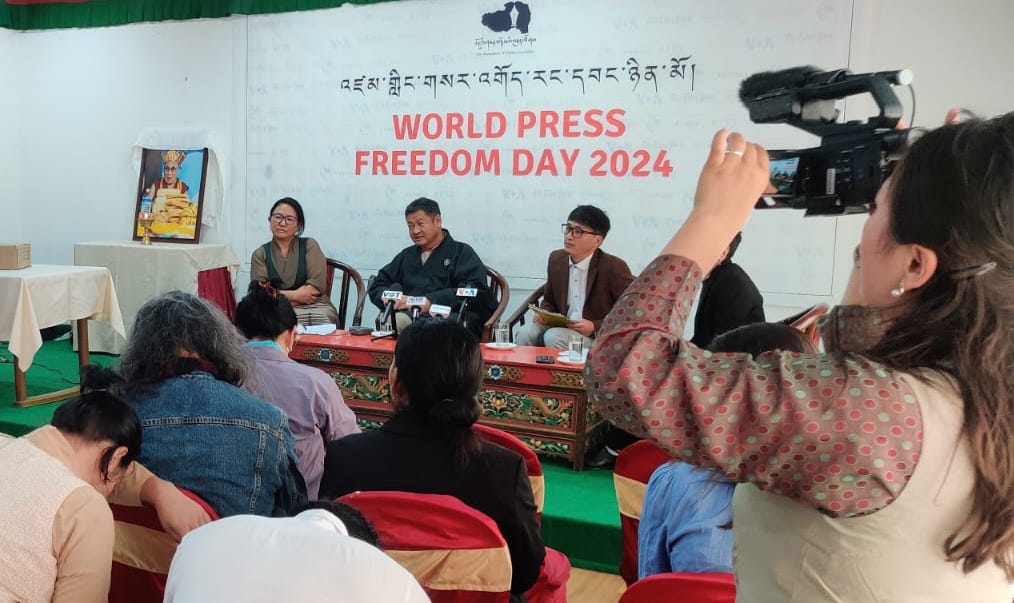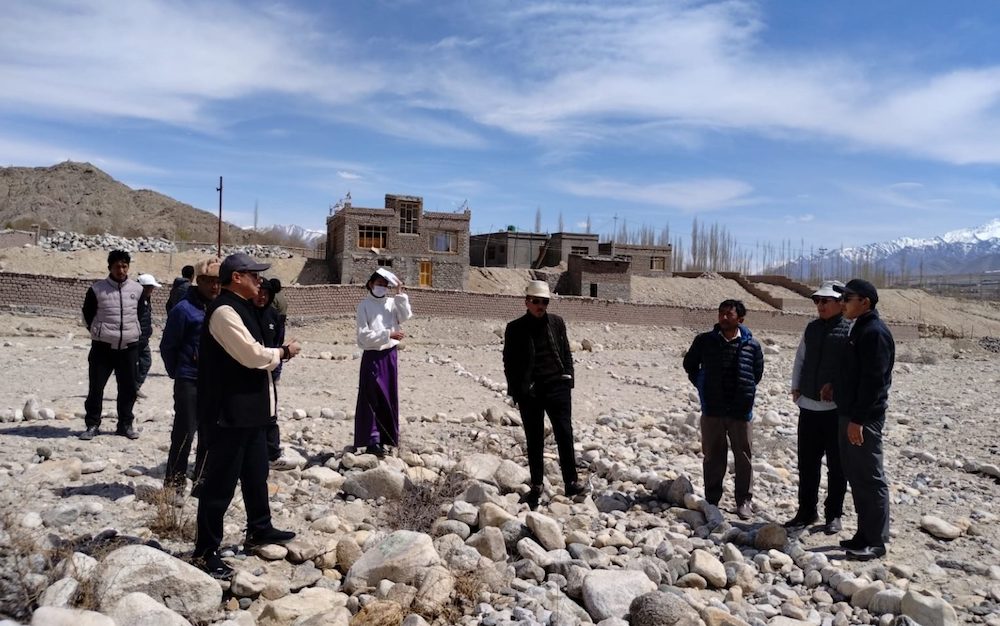 THIMPHU: Tibetan refugees living in Bhutan say they are watching the upheaval in their Himalayan homeland nervously but are fearful of speaking out.
THIMPHU: Tibetan refugees living in Bhutan say they are watching the upheaval in their Himalayan homeland nervously but are fearful of speaking out.
Many Tibetans who fled from the vast Himalayan region to Bhutan in 1959 after a failed uprising against Chinese rule have become Bhutanese citizens and have little contact with their community.
But a few hundred Tibetans continue to live in small refugee camps across the small Himalayan nation and are yet to get citizenship.
“We have been watching the situation in Tibet on television. We feel very sad, but we are helpless here,” said a 30-something Tibetan shop owner who declined to be named as she was not a Bhutanese citizen.
Tibet has seen protests and rioting over the past week, and the region has been subjected to a tough security clampdown.
China said rioters killed 13 “innocent civilians” in Tibet’s capital Lhasa on Friday. Tibet’s prime minister-in-exile said on Monday that about 100 people had been killed in China’s crackdown on the protesters.
“I have just been praying. I can’t talk about Tibet anymore,” the woman said on Wednesday, as she wept with a string of prayer beads in her hand.
As refugees, Tibetans cannot apply for government jobs or a licence to run shops. But many have been running handicrafts shops in the national capital Thimphu by getting licences under someone else’s name.
“I came here in 1959 when I was eight with my grandmother and parents. We would trek during nights,” said 57-year-old shop owner Dawa, who became a citizen after marrying a Bhutanese.
“I watched the news and cried a lot yesterday. We have been praying for Tibetans and lighting lamps.”
“We feel very strongly about Tibet and what is happening now, but what can we do,” said another shop owner whose parents fled after the uprising, but who was born in Bhutan.
“I speak the Tibetan language at home and follow my culture,” she said, lowering her voice in a tiny shop as foreign tourists browsed for knick-knacks and antique handicrafts.
With Bhutan’s first parliamentary elections due next week in a move away from absolute monarchy, most Bhutanese remained indifferent to the Tibetan cause.
“The Bhutanese are much closer to India than to Tibet, which is seen as a part of China. And we have little contact with China,” said Tashi Dorji, editor of weekly newspaper Bhutan Observer.
“Bhutan is very remote and has had little interaction with Tibet. But the Dalai Lama is greatly revered here,” said Kinley Dorji, managing director of national Keunsel newspaper.
After the Chinese crackdown in 1959, many Tibetans fled to neighbouring India — where they have set up a government-in-exile under the leadership of the Dali Lama — and to Nepal. Fewer Tibetans crossed the border with Bhutan because of a rough terrain.









